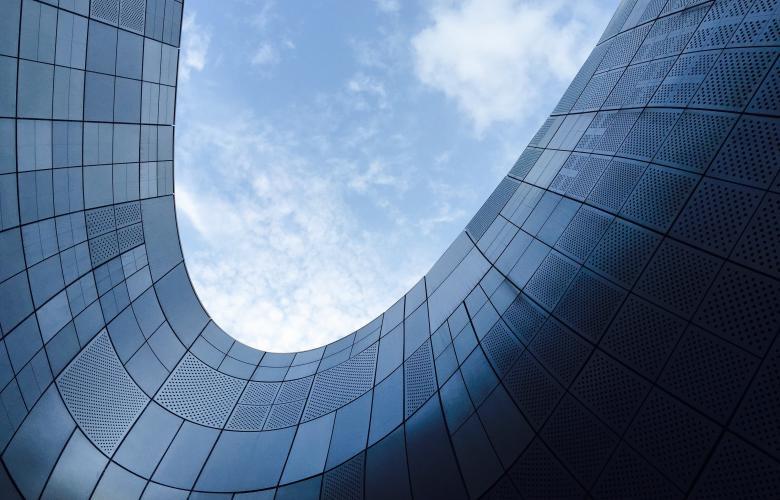South Korea investment volume in commercial real estate to increase 20% y.o.y
Contact
South Korea investment volume in commercial real estate to increase 20% y.o.y
CBRE have released their 2018 Korea Real Estate Outlook Report.
CBRE South Korea expects total investment transaction volume in domestic commercial real estate to increase by 20% year-on-year in 2018. According to CBRE’s 2018 Korea Real Estate Outlook Report released recently, a sizable number of office transactions are in the pipeline for the first half of this year, many of which are large-sized Grade A assets located in Seoul's major business districts.
In particular, competition for stable core assets is expected to intensify due to limited availability of such opportunities in the market, encouraging domestic and foreign investors to consider a variety of investment opportunities, including value-added strategies to unlock the hidden worth of their investment options.
Darren Krakowiak, Managing Director, CBRE Korea, said, "Due to limited availability of core assets offered for sale, competitive bidding is expected among investors seeking real estate investment opportunities. Buildings under construction will become more attractive as buyers are open to accepting some leasing risk in order to purchase core assets. Investors are increasingly looking to diversify their real estate portfolios and the adoption of value-added strategies is being considered to maximize buying opportunities."
When adopting value-added strategies, landlords often reposition the tenant mix to upgrade the value of the asset. Purchasing Grade A offices with relatively higher vacancy at a discount to market price and repositioning the asset or offering attractive terms to tenants to bring the asset up to stable occupancy prior to disposal is a strong option to consider.
"The commercial real estate market in Seoul is relatively stable and guarantees a higher yield compared to other major Asian countries,” remarked Claire Choi, Head of Research, CBRE Korea. “CBRE Research forecasts GDP growth of about 2.9% in 2018, and expects the domestic commercial real estate market to remain solid, thanks to improving economic conditions and firm demand from foreign investors."
This year’s office market sector is expected to expand due to growth in industries related to the Fourth Industrial Revolution, as well as growth in the co-working sector. However, as the local office leasing market remains challenging for landlords, it will be critical for them to differentiate their assets as wellness and amenities take on a more prominent role. A sound pre-leasing strategy for buildings under construction will be important amid an increase in new supply. In the logistics sector, large-scale modern facilities are evolving along with technological advances. In 2018, approximately 1.75 million sq. m. of new Grade A logistics space is scheduled to be completed, a figure three times that of 2017 and the largest annual total ever recorded. The new supply will be concentrated in Gyeonggi province, predominantly in the southeast.
For more information about the South Korean property market or to discuss the report email Claire Choi Head of Research - CBRE South Korea vai the contact details below.
Source: CBRE
Similar to this:
South Korea ramps up investment in real estate debt






